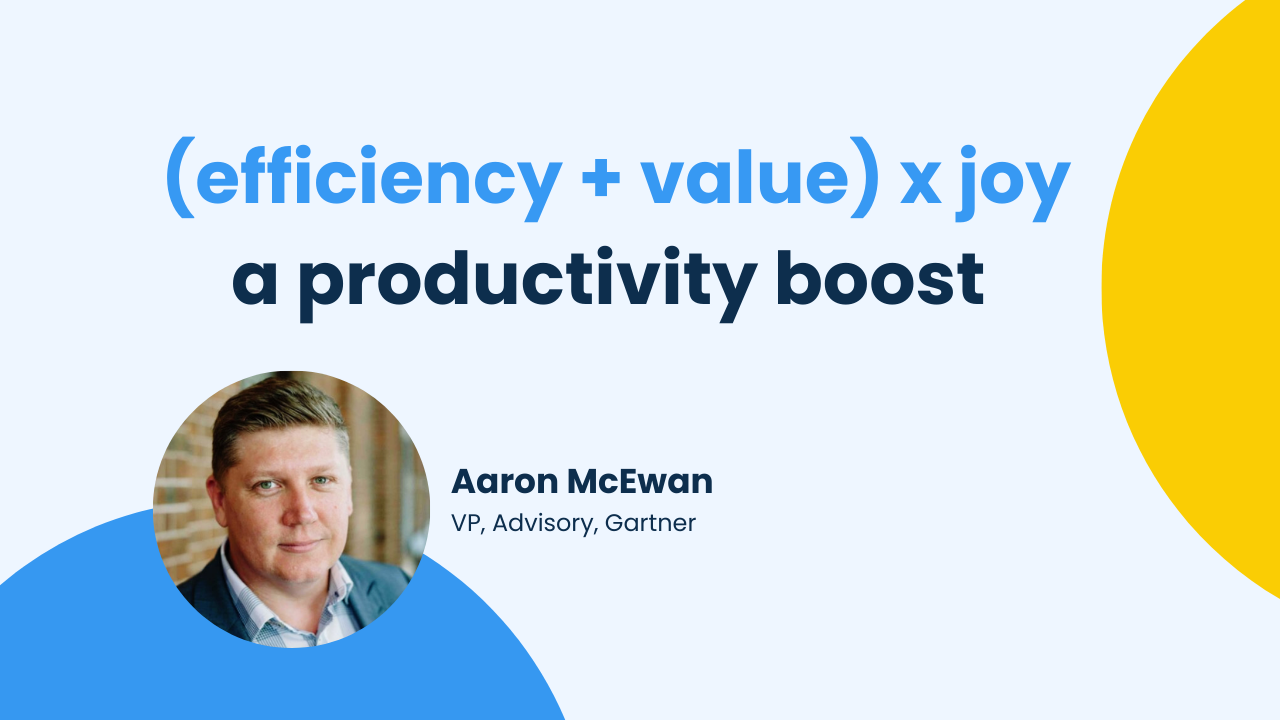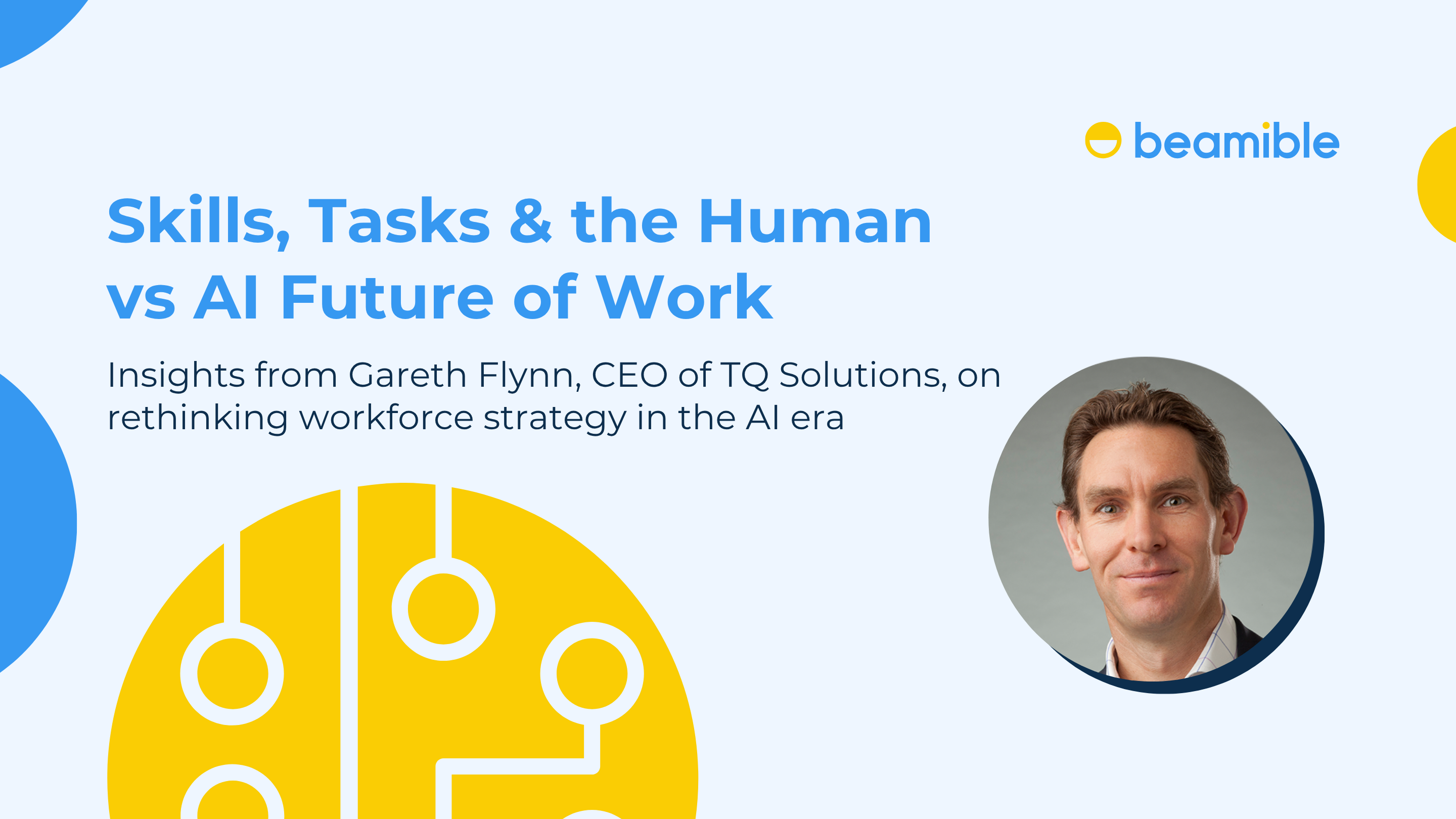It’s pretty apt that I met Alison Michalk in an online community. She’s the CEO of Quiip, a super smart company that manages social media, community and risk for Australian organisations.
My ears pricked up when she told me all Quiip employees work part-time and remotely. In fact, her business was created in this way. It means they can handle online management 24/7 — and her team can even travel the world while working (if they want). So how does she make it work? I had a lot of questions…
I love the way you chat about radical flexibility for employees. Ie. “This isn’t the nine-to-five that Dolly sings about, we work with an understanding of your availability and needs.” What does radical flexibility mean to you?
Flexibility has become such an over-used term and often translates to very little in the workplace. As I mentioned in this article, flexibility is not starting at 9:30am on Wednesday.
For starters, it means people can live and work anywhere! The next element is being a “results oriented work environment” (ROWE), which is to say use your natural state of workflow and schedule to optimise when is best to work for you. Whether that’s around kids, study, travel or other. We also do a lot of shift work so in this case, people choose shifts that best suit them.
And why does it make sense for your business?
I could joke it suits my introverted desire to avoid an office! But business wise it means we can attract and retain incredible talent. At any given time we have a pool of people interested in joining the company.
It also means you maximise productivity and efficiency by not forcing people to be productive from 9-5!
Describe how your team looks and how you all work together.
We are an entirely remote company with a team of 22. We have no head office, are based primarily in Australia but also have staff overseas. And we operate 24-7!
So we largely work asynchronously. Our ‘office’ is Workplace (the Facebook product) where everything from project meetings to social banter takes place. It means we “work out loud” with a lot of visibility over what’s happening because everything is in the written form which, as Community Managers, we excel at.
What’s a typical day in the life of Quiip?
Oh gosh so different for everyone! Because of the 24/7 operations we have very few live meetings. (There may be live video meetings but staff can and will watch them later.)
The majority of our team will be logging onto shifts and managing the social media channels for a range of clients, whether financial service clients or suicide prevention. It’s a real mix but it’s underpinned by a rigorous approach to risk management and engagement.
For me I live in Avoca Beach, a small surf town 90 minutes north of Sydney. As a parent my day involves the usual juggle of getting kids out the door, but also beach swims for a lot of the year… except for winter!
Freedom and flexibility were key goals for me and I feel privileged to be able to offer the same values to my whole team.
How do you keep in touch with each other at Quiip and imbue a sense of culture and connection?
Culture is absolutely core to our success as a business. We’re lucky that as community managers we know how to cultivate and nurture a sense of community and belonging — it’s one of the key components of successful online communities. We’re also keenly aware of other drivers such as recognition and connection.
So for us we see our culture and workplace being very similar to an online community — which is why we’ve had so much success! Our internal NPS is 9.4/10, which we’re really proud of and we’ve been a finalist in B&T’s People & Culture award too.
Related: Which tools couldn’t you live without?
Workplace (or a similar enterprise community platform), Asana, WhenIWork (rostering), and Hubspot are the primary platforms, but we do spend a lot of money on software. But that’s what’s fantastic about being a remote company these days, so much software is in the cloud. It makes it incredibly easy.
Traditionally, companies have measured employees’ success by time spent in the office. Flexibility (both remote and part-time) massively disrupts this approach. How do you measure outcomes/success from your team to ensure your way of working is, well, working?
As author and CEO Jason Fried says in his book Remote: Office Not Required — if you’re concerned about people being in the office, you’re managing chairs not people! I think it’s a great insight because you should be aware of the work being done, because presence does not equal productivity!
Our work is almost always in project teams so that bakes in accountability and we have a lot of visibility over individual performance. I’d argue that the way we operate (“working out loud”) gives a lot more transparency to work that most work environments.
With a remote and flexible team, trust must be crucial. How do you enable this? Do you have systems to support your ability to trust?
Trust is crucial. We have a highly experienced workforce, so people do bring a lot of workplace experience with them and are more likely to value and appreciate remote work because it’s not the norm. I am curious about how this will look in the future when millennials go straight into a remote work environment.
But we also try to be a “calm company”. We avoid everything being asap, always-on and creating a stressful work environment. We want people to have proper time off and breaks so we leave people to best manage their workloads. They’re fully functioning adults and deserve to be treated that way!
What have been your flexibility road bumps — and how did you overcome them?
The biggest roadbump I see elsewhere is those that have a traditional HQ. Moving to a partly remote workforce when you have an office is very different to having never had an office.
We’ve not had huge road bumps but sometimes I have to remind people that working synchronously can speed up a project!
Have there been any unexpected learnings or consequences of working flexibly?
In terms of great consequences — one staff member lived in 20 countries in 20 months! Another spent time in Italy and was able to visit the town her grandparents were from. We’ve had people study Masters and PhDs and others embrace sea-changes. Another travels the world as a sound engineer, one staff member based in Berlin is a musician who is often recording and performing at festivals, another went to Dublin to study.
Aside from workplace, we often keep in touch via our Fitbit “workweek hustle”. We love competing against each other for steps. But if Lani goes dancing in Berlin we all lose!
As Brene Brown once said, there isn’t a single person who lives a content and fulfilling life that hates their job. So we love providing a great work “place” for our team and we see work-life-blend being something we’re all trying our best to master.
If you were chatting to a business owner wanting to offer more flexible ways of working, what would your number one piece of advice be?
Implement an internal social network platform such as Workplace, Yammer etc. Even if you only have a team of a few. These take a while to get humming but you’ll see people collaborating online that only sit 3 metres apart and you’ll begin to understand the value that it can drive.
It’ll help you be more comfortable with online visibility vs presence in the office and make the transition considerably smoother.
Anything else you’d love to tell us?
It took me five years to meet one of my employees (who’s now been with me for 9!). That’s the current record but Berlin-based Lani has just hit four years so she might beat the record unless I get to Berlin sometime! It’s made all the more interesting by the fact that we don’t hold traditional interviews nor ask for resumes when people apply!
Have questions of your own for Alison? Connect with her on LinkedIn.





